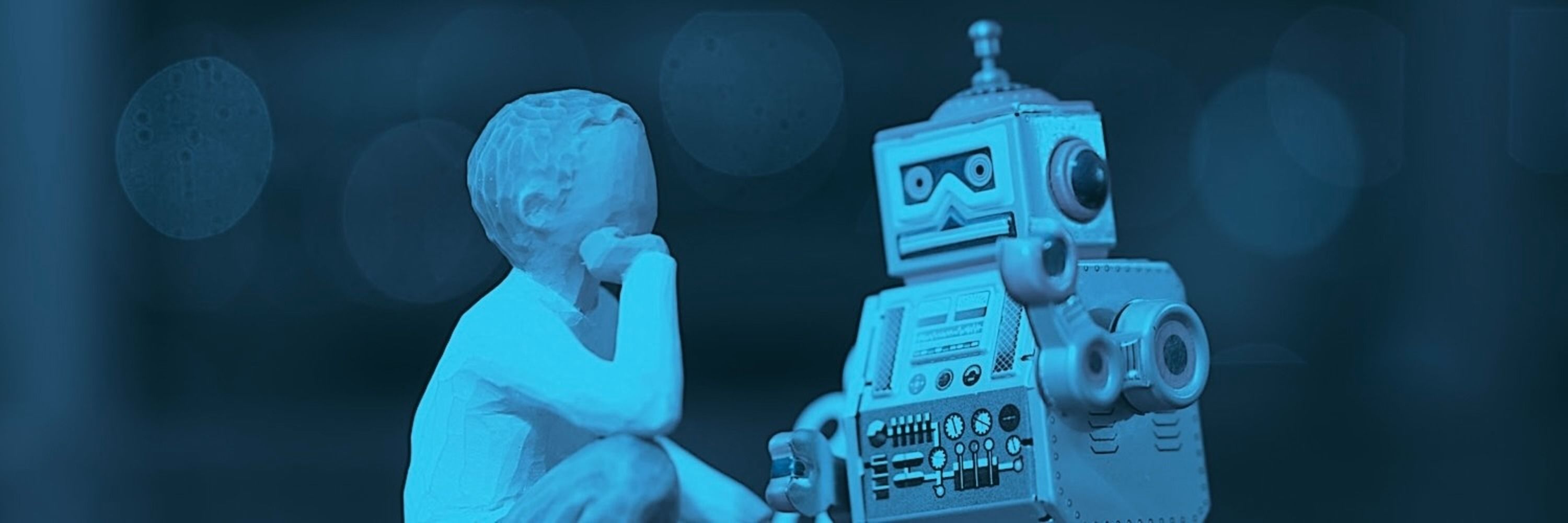Iyad Rahwan | إياد رهوان
@iyadrahwan.bsky.social
3.6K followers
190 following
66 posts
Director, Max Planck Center for Humans & Machines http://chm.mpib-berlin.mpg.de | Former prof. @MIT | Creator of http://moralmachine.net | Art: http://instagram.com/iyad.rahwan Web: rahwan.me
Posts
Media
Videos
Starter Packs
Reposted by Iyad Rahwan | إياد رهوان
Nature
@nature.com
· 20d

Delegation to artificial intelligence can increase dishonest behaviour - Nature
People cheat more when they delegate tasks to artificial intelligence, and large language models are more likely than humans to comply with unethical instructions—a risk that can be minimized by introducing prohibitive, task-specific guardrails.
go.nature.com
Reposted by Iyad Rahwan | إياد رهوان


















